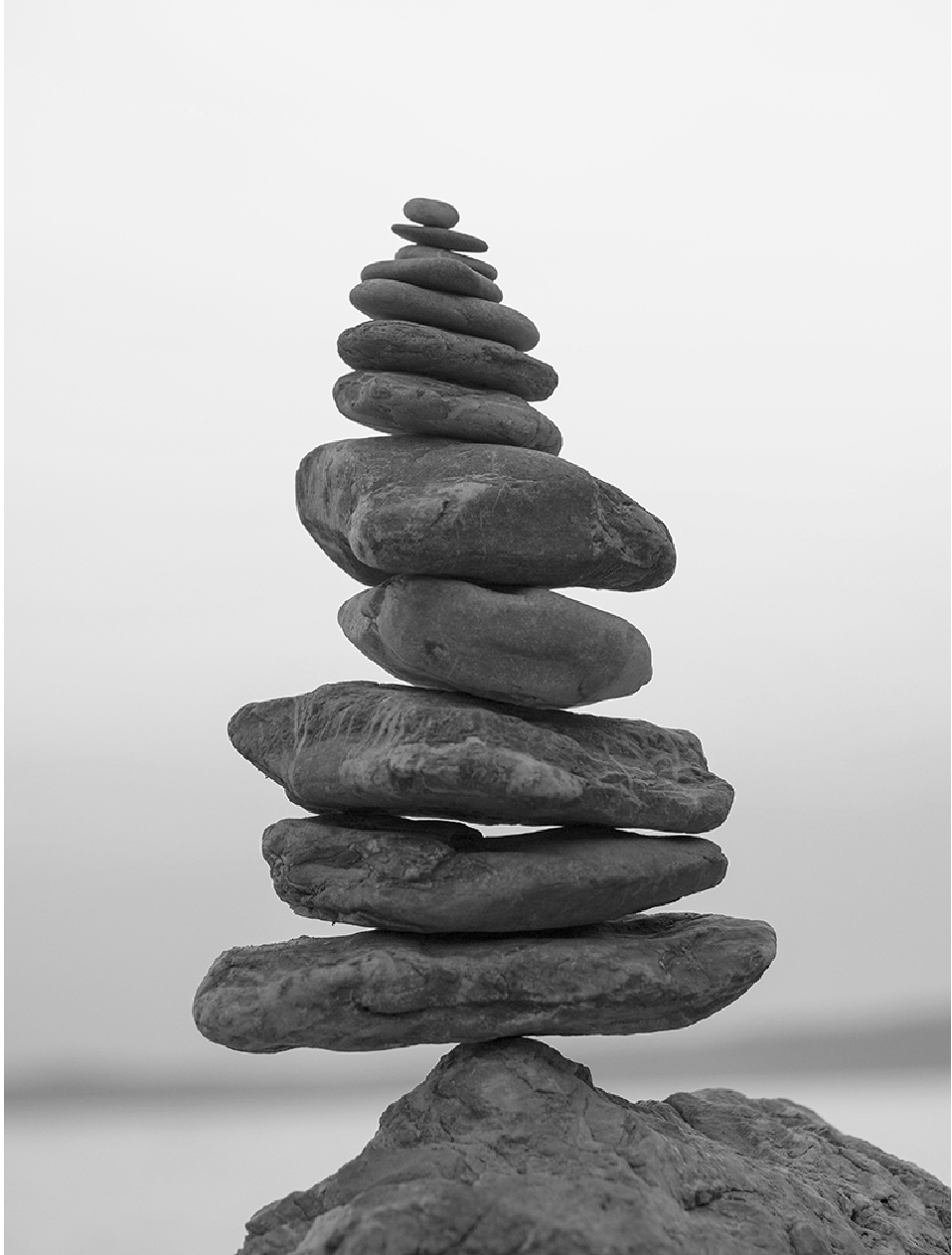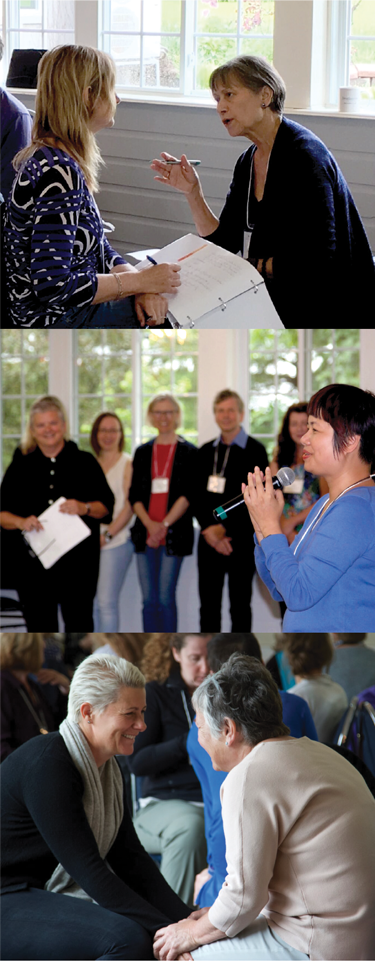
Practical Application in the Real World
T
he Founders of ICC, Laura Divine and Joanne Hunt, became business partners in 1998 and formed their coaching school in 2003 following five years of developing and testing their coaching method with their own client base. Prior to this, they worked for a combined total of thirty years in the private sector in various leadership capacities. Their corporate roots brought focus to a method that produced results, was sustainable, and had practical application in the real world.
Training programs can be inspiring, but that’s not enough. If a coach can’t develop embodied skills with a proven method that they can rely on, that has meaning and value, and that works in the setting that the coach wants to work in, then it is not a coach ‘training’ program, it is a coach ‘inspiring’ program. The Founders of ICC, and all the teachers that they have trained, have very pragmatic roots.
So, the coaching method was perfected over time. And, the training program was perfected over time. It is a method that allows the coach to know the roadmap, know exactly where they are on the map, and know where they are headed. Yes, there is plenty of intuition brought to bear in this work – absolutely. The ICC method gives your intuition a place to call home. It gives it more power and leverage. And it gives your embodied learning a structure that enables it to thrive.
From the very first Module, even as a beginner coach, your clients will experience sustainable change. That is what embodiment looks like. It isn’t mysterious. You will know exactly how that change happened. Practical. Pragmatic. And yes, inspiring too.




 Download
Download Share
Share





